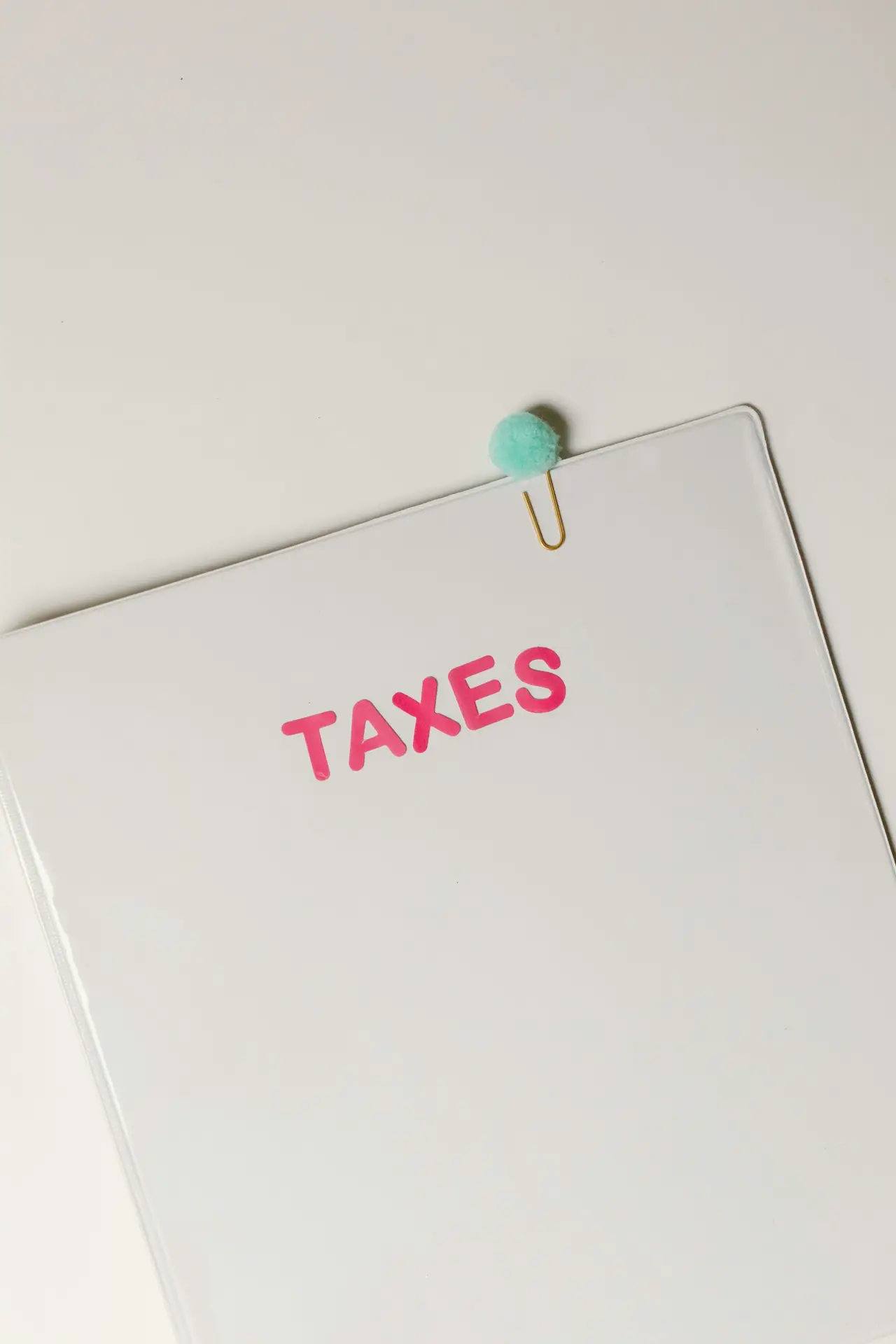Based on the draft legislation, companies which incur expenditure on new plant and machinery (including commercial vehicles) from 1 April 2021 to 31 March 2023 should be able to claim a deduction from taxable profits for 130% of the expenditure in the year of spend.
By way of illustration, if a company spends £1m on new machinery and trucks in the year ended 31 March 2022, the deduction from taxable profits for the period will be £1.3m and so there will be a reduction in the tax liability of £247k (£1.3m x 19%). The effective rate of corporation tax relief on the capital expenditure is therefore 24.7% (£247k/£1m).
This sounds generous, but two reasons why the super-deduction may be less attractive than it first appears are outlined below.
Firstly, there are complex rules regarding the tax treatment of the disposal of assets which have been the subject of a super-deduction claim. A big disadvantage is that the disposal proceeds are taken directly to taxable profits in the year of disposal rather than being absorbed in the capital allowances pools. In addition, if the assets are sold before 31 March 2024, the sales proceeds are grossed up by a maximum of 130% (the exact percentage depends on the length of ownership). In view of this, the super-deduction may not be suitable for companies whose assets have a short useful life and a high residual value.
Secondly, the main corporation tax rate is set to increase from 19% to 25% on 1 April 2023. Companies will automatically obtain tax relief at 25% for expenditure from that date. This is slightly higher than the 24.7% effective rate generated by the super deduction, although it should be noted that the opportunity to claim full tax relief in the year of spend may be lost from 1 April 2023 and the tax relief may instead be spread over a number of years. The timing of relief will partly depend on whether the Government decides to further extend the temporary £1m limit for the Annual Investment Allowance (AIA) which is now due to end on 31 December 2021.
Undoubtedly there are taxpayers for whom the super-deduction is good news – in particular, those companies who were already planning a large capital spend in the next couple of years on assets which will be retained until they have scrap value only. However, companies with a high asset turnover or no plans for large capital expenditure in the near future should approach the super deduction with a little more caution as it could actually be better to claim AIA or just normal writing down allowances.
Please do not hesitate to contact Anna Jones should you wish to discuss this in more detail – anna.jones@kilsbywilliams.com / 01633 810081.




